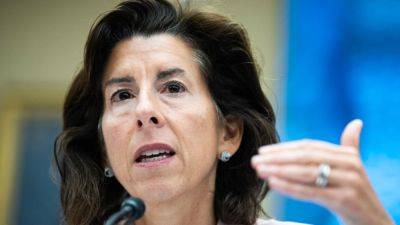People feel financially worse off than their parents—but say their kids will be better off
One indicator many people use to determine how well they're doing in life is to compare themselves with their parents.
After all, your parents' socioeconomic situation can be pretty prescriptive of how you'll fare in life. To do better than them is a common goal for families from a variety of backgrounds.
But these days, not too many people are accomplishing that goal.
The share of people who go on to earn more than their parents has been steadily declining since the 1940s. In fact, just 50% of people born in 1980 have grown up to earn more than their parents, compared with 90% of people born in the 1940s, according to Opportunity Insights research.
It makes sense then that just 36.5% of adults say they feel they're better off financially than their parents, according to CNBC's International Your Money Financial Security Survey conducted by SurveyMonkey. A greater share — 42.8% — say they're worse off than their parents, while the remaining 20.7% say they're faring about the same.
What's more, many adults in their peak earning years were more likely than their older and younger peers to say they're worse off than their parents, the survey found. Here's the share of each age group that says they feel worse off financially than their parents:
While every family is different, there are a number of reasons why middle-aged adults feel worse off than their parents, broadly speaking, as well as a few reasons things might not be as bad as they seem.
Americans in the 35- to 65-year-old range mostly belong to two generations: Gen X (ages 44 to 59) and millennial (ages 28 to 43). A variety of factors have made certain financial milestones statistically harder to reach for those groups than they were for baby boomers and the silent







